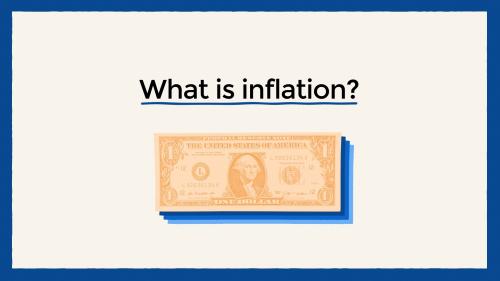When the new President takes office in 2009, the deficit for that year may be relatively modest. But it is almost certain to balloon before he or she leaves office.
The sooner the Administration formulates a strategy for putting the nation’s fiscal house in order the better off we will all be.
This is a moral imperative if we don’t want to saddle the youngest generation with a huge debt; it’s a political imperative if we want to demonstrate that democracy works; and it’s an economic imperative if we want to avoid a potential crisis, keep incomes growing, and not end up in hock to the rest of the world.
But we all know that raising taxes or cutting spending is political suicide. So, what to do?
Presidential candidates should take nothing off the table. They should support pay-go financing of any proposal. They should also support pending legislation in the House and the Senate to establish a bipartisan commission to deal with both entitlements and taxes, agree to meet with the members of the Commission right after the election, and commit to an expedited process for enacting the Commission’s proposals or a modified version of them upon taking office.
Finally, they should consider following the lead of other advanced nations, and build into legislation automatic adjustments in both revenues and spending in response to a projected budgetary shortfall. For example, if CBO projected at any time that structural deficits as a proportion of GDP were going to exceed 2 percent over the next decade, then this might automatically trigger a cost of living adjustment in Social Security, an increase in Medicare premiums, and a change in the way certain income and payroll tax provisions are indexed for inflation. Because of the breadth of these laws, even small changes could produce substantial reductions in the deficit via lower spending and higher revenue. Of equal importance, they would give ordinary citizens a stake in the outcome.
Ultimately, major reforms in entitlement programs, especially in the health care system, as well as the tax system, are what are most needed. These reforms should be designed to make the systems simpler, fairer, and more efficient.
But the above steps would give a new President time to educate the public and build a constituency for more fundamental changes.



Commentary
Op-edTaming the Budget
November 1, 2007